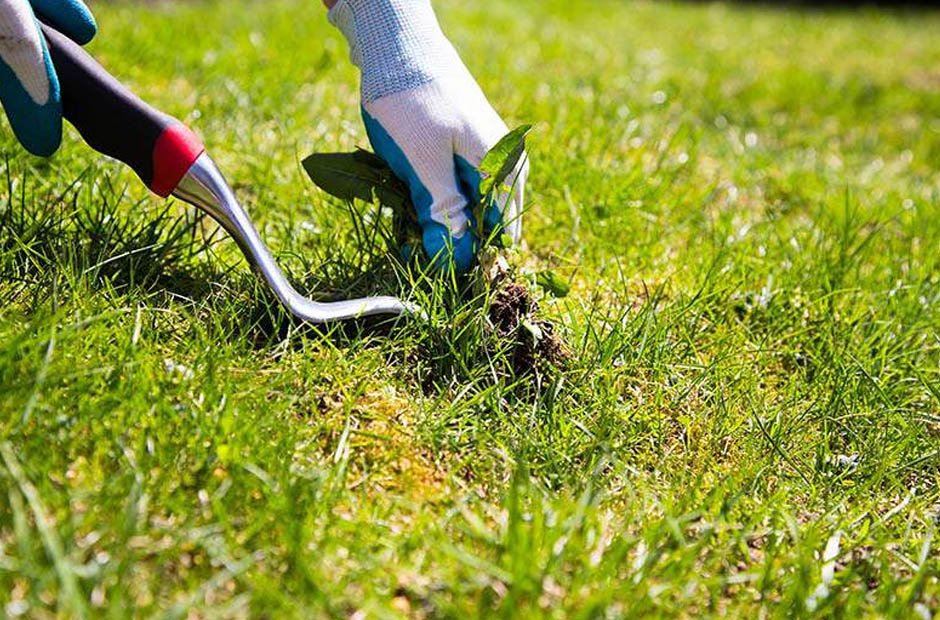Your grass competes with weeds for nutrients, sunlight, and water. They not only affect the aesthetic of your yard but can harm its health. A lawn fertilizer service could strengthen your grass, making it more resistant to weed growth. Here are four ways to control weeds after fertilizing, helping you maintain a lush and healthy lawn:
1. Apply Post-Emergent Weed Control
After applying lawn fertilizer, post-emergent weed control may be an effective way to target existing weeds. This method works best when used in combination with regular fertilization. When applied correctly, the treatment targets and kills weeds without harming your grass. The right product, suited to your lawn type and climate, will help prevent further weed spread. Fertilized grass is better at resisting weed growth due to improved root health. The product allows grass to absorb more nutrients, leaving fewer resources for weeds. Regular application at the right times reduces the risk of infestations and weed growth.
2. Choose Organic Weed Solutions
If you are looking for a natural approach to weed control, organic solutions may suit your lawn. These treatments are safe for people and pets and integrate well with your current lawn care plan. The products tend to break down more quickly in the soil, leaving fewer residues behind. Their gradual impact can contribute to long-term weed suppression.
Organic weed solutions promote better soil health, which benefits your lawn’s overall growth. By improving the balance of microbes and nutrients, your turf becomes more resistant to weeds. The more you incorporate these into your routine, the less likely new weeds will take root. With consistent use, you may notice an overall improvement in lawn vitality.
3. Support the Lawn With Fertilizer
Lawn fertilizer service helps keep your lawn healthy, mainly when used along with other practices like mowing. Regular fertilizing provides nutrients that promote denser grass and deeper roots. As your lawn receives more nutrients, it will naturally have less room for weeds to grow due to increased density. Fertilizer makes the lawn more resistant to stress from the environment, such as drought or foot traffic.
Regular fertilization will reduce the amount of harsh weed control methods needed. If your grass is in good health, it naturally competes with weeds for food better. Fertilizer also improves the water retention capacity of the soil so that the grass stays strong during dry spells.
4. Test and Balance Soil
Soil testing gives basic knowledge that can help make the correct decision on lawn care, watering, and fertilization. With the right soil balance, your lawn fertilizer service can be more effective, as it targets specific nutrient needs. Soil testing enables you to know your lawn’s pH level and nutrient content deficiencies, to will allow you to make proper changes. Lime, gypsum, or other conditioners correct the soil’s pH to an optimal level that encourages grass growth.
Nutrients in the soil should be balanced so that the grass will be stronger to fight weeds. When your lawn has the right structure and nutrient levels, weeds find it harder to establish roots. It highlights the time when further treatments are required; this way, such problems do not escalate. Taking good care of the soil in your lawn keeps it healthy, thus minimizing the need for further management.
Invest in Lawn Fertilizer Service
Choosing a lawn fertilizer service that uses high-quality products and low-impact pest control can support long-term lawn health. Look for providers that tailor treatments based on soil testing and seasonal needs. A reliable service often includes weed management and promotes strong, resilient turf without overuse of chemicals. For a cleaner, greener lawn, contact a trusted lawn care company to get more information about services.



